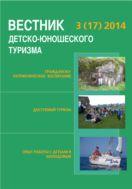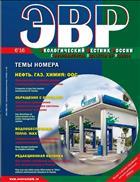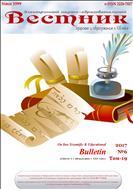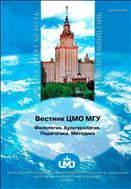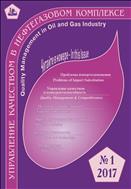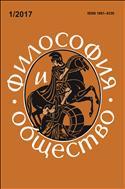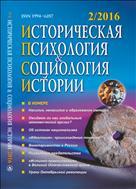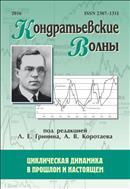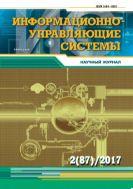Evaluation of Ecological Plasticity and Stability of Some Promising Varieties of Poplars = Оценка экологической пластичности и стабильности некоторых перспективных сортов тополейEvaluation of Ecological Plasticity and Stability of Some Promising Varieties of Poplars = Оценка экологической пластичности и стабильности некоторых перспективных сортов тополей 
When developing promising assortments of forest woody plants, it is important to take into
account not only their growth and survival in some particular environment, but also their
respond to change in growing conditions. In this regard, the purpose of this work is to evaluate the ecological plasticity and stability of some poplar varieties promising for the southeastern part of European Russia and Ukraine using the Eberhart and Russell method. The
research was carried out on three testing sites: upland environment of the forest-steppe zone
of the Voronezh region; floodplain environment of the dry steppe zone of the Volgograd
region; and floodplain environment of the steppe zone of the Donetsk region. Five promising poplar varieties were identified and studied at each of the experimental sites. The indices
of survival, growth in height and diameter, trunk volumes, and productivity by wood stocks
and average increments are presented for each variety. Due to the average increments
change with age, the ontogeny period from 21 to 30 years was chosen for the study, during
which the average survival of poplars varies slightly. It was found that Regenerata, which is
characterized by average plasticity and the lowest stability, was the most productive of the
studied poplar varieties. It can perform high productivity only in the favorable environment.
The poplar variety Pioneer demonstrated the least plasticity. Its productivity did not vary too
much with change in growth conditions at average ecological stability. The highest plasticity
at average ecological stability was observed in the Vernirubens variety. Average plasticity
and stability were observed in poplar E.s.-38. The poplar variety Marilandica was also characterized by average plasticity, and high ecological stability. The research results allow using of the studied varieties more rational in different growing conditions, with regard to their
environmental characteristics.
For citation: Tsarev A.P., Tsarev V.A., Tsareva R.P., Laur N.V. Evaluation of Ecological
Plasticity and Stability of Some Promising Varieties of Poplars. Lesnoy Zhurnal [Russian
Forestry Journal], 2020, no. 5, pp. 119–130. DOI: 10.37482/0536-1036-2020-5-119-130 |











